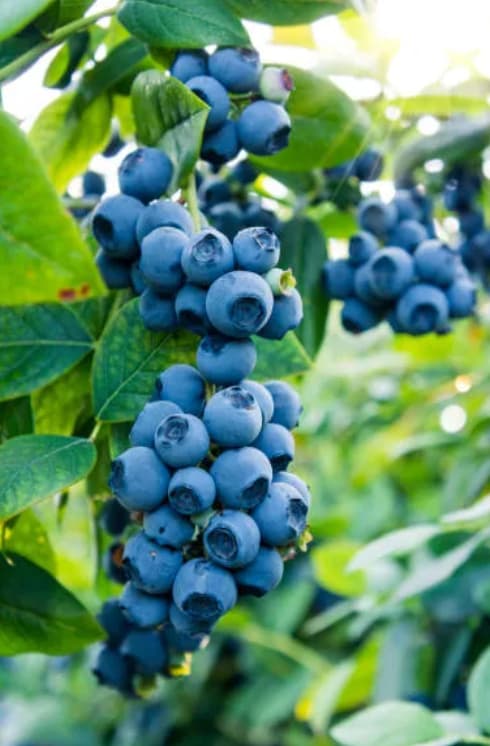It’s a big garden (approx 4000 square metres) and they are right at the bottom so at the minute they don’t seem to be causing a problem ![]()
Slow gin recipe:
Harvest the sloes when ripe, softish and with a blue bloom on the skin. They can be a little squishy, but not rotten. You can harvest early and freeze, but the flavour tends to be thinner and sharper.
Wash the sloes, then pierce the skin (I usually cut a gash with a sharp knife in each sloe) and put them in a bottle.
Add sugar to taste - we like around 75g per 70cl wine bottle which gives a fairly dry gin. Scale up if using a larger bottle and add more you prefer a sweeter gin. The sugar draws the flavour out.
Fill almost to the brim with gin, seal and invert gently every day for at least 4 weeks.
Allow the gin to settle, then rack off and allow to mature. Alternatively store on the berries (suggest >1 year) for a deeper flavour.
The gin can be drunk by Christmas the first year, but will be coarse. Better to leave it 12 months or more.
We usually have a few litres laying around, and it’s notable that some years are better than others. The ones that come out a bit thin are still good with tonic, and I’ve also noticed a little oxidation in a partially full bottle can help too.
Enjoy.
Sloes are blackthorn not hawthorn. Sloes are prunelles in French. You know how dark eyed people are described as sloe-eyed? Well your iris can be referred to as the prunelle de vos yeux. If you hold something dear tu y tiens comme à la prunelle de tes yeux.
In C19/early C20th Eng Lit, ‘sloe-eyed’ was a trope of orientalism; the sloe-eyed houris and odalisques were the basis of European writers and painters erotic fantasies about oriental (primarly berber/arab, but also Jewish) women.
Or you harvest when ready and freeze. And save yourself time and effort with same rich taste!
Don’t you just love it when SFers effortlessly segue from plant identification to examples of colloquial French phrases, to a dash of post-colonial literary theory, to recipes for sloe gin and its aging.
Oddly enough I have done a comparison of sorts, but it’s hard to be sure the quality of sloes was consistent across frozen and not. We have noticed that some years they are hard to come by, with little fruit on the bushes, and that makes the least nice gin of all.
In the end we each need to be happy with the way we make it.
Certainly, but also applied to dark-eyed eg Celt or Gipsy men, women and children. Anyone with dark (rather than common grey-blue English eyes).
If anyone is in the Basque country make sure you have a chupito of patxaran which is pretty much sloe brandy.
good grief… just as I’m discovering possible words/meanings to do with sloes… I’m trumped/stumped by the word trope… ![]()
Trope is much misused, in French it means a turning away from the original meaning of something as a rhetorical device ( like a metaphor for example) but in English it has come to mean a recurrent motif, almost a cliché.
I think it is safest to not add trope to my vocab (in either language)… ![]()
Spot on. I always mix them up ![]()
Whereas prunes come from drying plums? So have they another name?
prunes = Pruneaux
Thank you for this detailed advice ![]()
Just as an after thought - roughly how many sloes do you put in a bottle?
Woops, forgot to say: 3/4 full.
Lots!
The years we get small fruits I don’t bother making any. Like you I find makes not nice gin. And since there are so many other options I don’t bother. I currently have rhubarb, verveine and elderflower gin - all inseparate bottles!
![]() Thank you.
Thank you.
